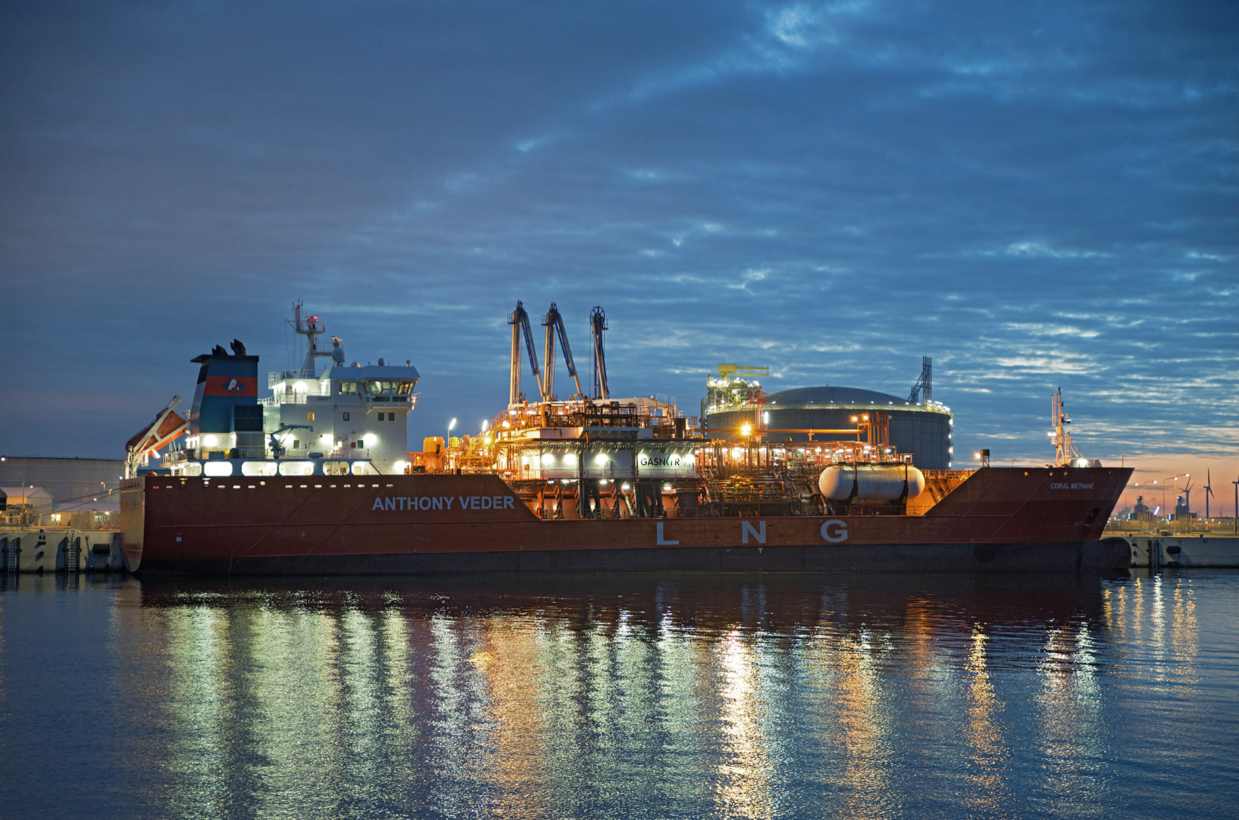

- Nieuws
-
Featured
-
Featured
- Recent
-
- Magazine
-
Featured
-
Featured
- Recent
-
- Kiosk
- Columns
- Bedrijveninfo
- Adverteren
Select Page

Minister Rob Jetten (Economische Zaken en Klimaat) wil meer LNG importeren. Daarvoor wil hij onder meer de capaciteit van de Gate terminal in Rotterdam uitbreiden.
Voor uitbreiding van de LNG-import kijkt Gasunie zowel naar uitbreiding van de Gate terminal in Rotterdam als naar de LNG-installatie van EemsEnergyTerminal in de Eemshaven. Ook wordt de mogelijkheid onderzocht om een of meer nieuwe LNG-terminals in Nederland te realiseren. De haven van Terneuzen lijkt daarvoor een geschikte locatie.
Het importeren van meer LNG kan op korte termijn helpen de prijzen op de gasmarkt te stabiliseren. Extra LNG in Nederland vermindert de aanbodschaarste, wat lagere prijzen mogelijk in de hand kan werken. Op de langere termijn kan energiebesparing en het versnellen van de energietransitie ervoor zorgen dat de druk op de prijzen wordt verlicht. De verruiming van de LNG-import is tijdelijk van aard, stelt Gasunie, en zou tot en met de winter van 2025-2026 voortduren. Het liefst moet de LNG-import worden verhoogd voor het vulseizoen van de gasbergingen begint in april 2023.
Zie ook: Gasunie begint met aanleg waterstofnetwerk
Minister Rob Jetten (Economic Affairs and Climate) wants to import more LNG. To do so, he wants to expand the capacity of the Gate terminal in Rotterdam, among other things.
To expand LNG imports, Gasunie is looking at both expansion of the Gate terminal in Rotterdam and EemsEnergyTerminal’s LNG facility in Eemshaven. It is also exploring the possibility of building one or more new LNG terminals in the Netherlands. The port of Terneuzen seems a suitable location for this.
Importing more LNG could help stabilise prices on the gas market in the short term. Additional LNG in the Netherlands reduces supply scarcity, which could potentially encourage lower prices. In the longer term, saving energy and accelerating the energy transition could help ease pressure on prices. The widening of LNG imports is temporary in nature, Gasunie says, and would continue up to and including the winter of 2025-2026. Ideally, LNG imports should be increased before the gas storage filling season starts in April 2023.